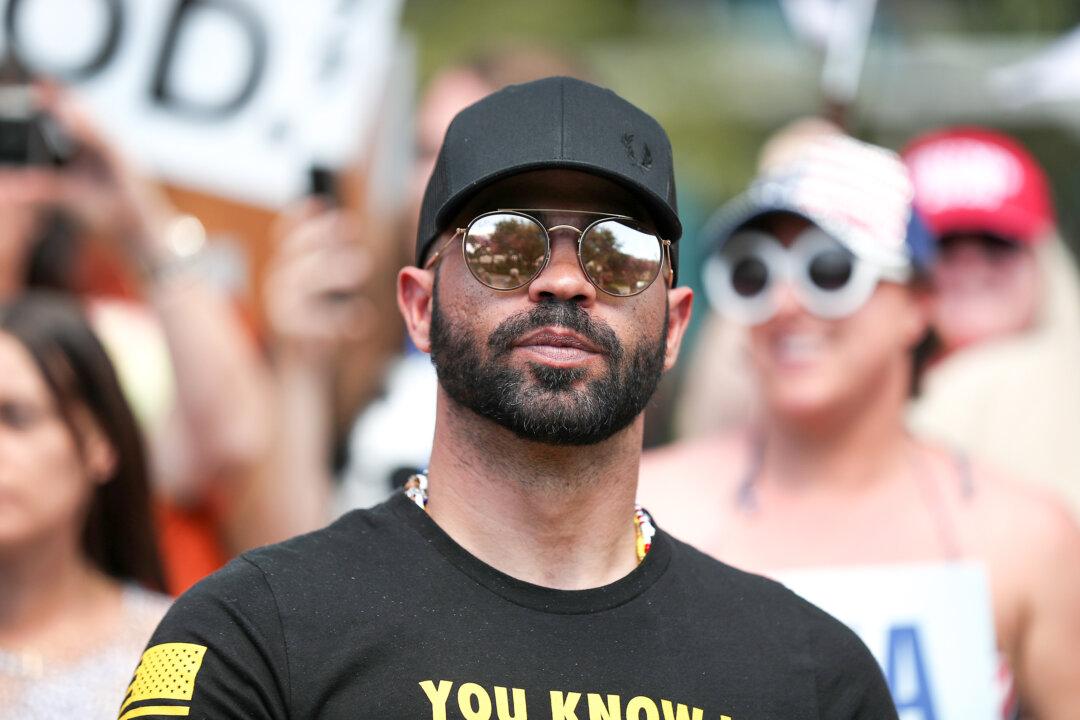WASHINGTON—Henry “Enrique” Tarrio Jr., the Florida-based former chairman of the Proud Boys accused of being the mastermind of a seditious conspiracy to attack the U.S. Capitol on Jan. 6, 2021, was sentenced to 22 years in federal prison on Sept. 5 by U.S. District Judge Timothy Kelly.
Mr. Tarrio, 39, of Miami, received the longest prison term among all Jan. 6 defendants, eclipsing the previous record of 18 years given to Oath Keepers founder Elmer Stewart Rhodes III in May, and Mr. Tarrio’s co-defendant, Ethan Nordean, on Sept. 1.






